SNL50 Mostly Avoided Trump and Politics – But Stumbled When it Didn’t
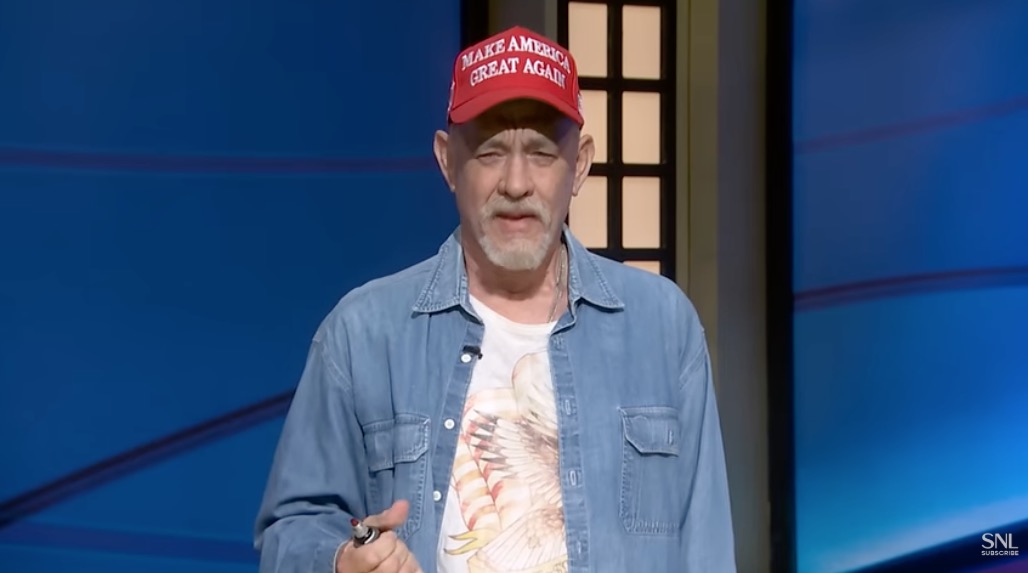
Screenshot
Saturday Night Live celebrated its 50th anniversary Sunday night in an incredibly impressive and wildly entertaining fashion. Notably, the show was largely devoid of politics. But when they did go after MAGA, it did not work out as intended.
The three-and-a-half-hour show effortlessly threaded a tight needle of comedy and nostalgia and, thankfully, didn’t take itself too seriously. The star-studded past and present cast and A+ list celebrities in attendance made the entire show far more enjoyable than this skeptic expected.
Steve Martin was the perfect choice to do the opening monologue; Tina Fey and Amy Poehler taking questions from the audience stood out as a great bit, and the SNL 50 New York musical number was a love letter to New York City’s gritty past (and future?) culminating in a genius banner that read “New York to Ford: Who’s Dead Now?” which was a hilarious call back to a Daily News headline from 1975, SNL’s first year.
But what was missing from this show was the searing political commentary that it’s long been known for. In particular, I don’t recall any direct reference to President Donald Trump (or an impersonation) or a send-up of our current political landscape, mention of Elon Musk or DOGE. And you know what? Thank God.
The current political media ecosystem is already running at full capacity to cover this nonsense. And the issues and related topics are frankly not terribly funny to cover.
More importantly, SNL is one of the last remaining entertainment products providing a shared experience. There are few television shows that many of us all watch or are still provide reliable water cooler fodder. This celebration of 50 years was not the right venue to make hackneyed jokes about the White House, but will also likely offend half of the electorate who voted for Trump.
So instead of the same old Trump jokes and MAGA bits, SNL50 went for old-school funny (best represented by the impossibly talented Will Ferrell and Ana Gasteyer), silly absurdities (like a smoldering Adam Driver ignoring Julia Louis-Dreyfus and her blind dog that took Jon Lovitz’s seat), or moments that were both funny and moving (Adam Sandler’s song that should have probably closed the show and got a standing ovation).
The one moment that SNL50 dipped its toe in the political waters — when Tom Hanks reprised his role of a MAGA-behatted Doug playing Black Jeopardy, it didn’t work. And it didn’t work for reasons that most people misunderstand.
Black Jeopardy is a recurring sketch hosted by “Darnell Hayes” (played by Kenan Thompson) that plays out exactly like it sounds. In SNL50’s version, the primary comedy bit is a self-mocking theme that Black Americans are far less interested in the legendary late-night show — revealing it has little cultural currency in that particular demographic. There is also Eddie Murphy doing a dead-on impression of Tracy Morgan, a contestant standing next to him. It worked wonderfully until the end of the sketch when Hanks replaces Murphy dressed as a rural MAGA dude, complete with a red cap. (You can watch it in full here.)
The Conservative media world has melted down over this portrayal, in particular, because “Doug” appears to be frightened by host Darnell Hayes coming over to shake his hand, as if he is afraid of Black people or potentially getting mugged. Oddly, this exact same dynamic happened when this sketch concept first aired in 2016 — when it was widely lauded for being smart and insightful. So what changed? Why is it different today than then?
Well, the whole point of the first sketch was that the MAGA voter and the Black contestants were revealed to have way more in common than the differences that political media focused on at the time—and still focuses on today. The sketch’s subtext is strangely unifying, and I encourage you to watch it in full below.
Shortly after it first aired in the fall of 2016, The Washington Post called it the “best political sketch” of the year. The Atlantic noted the “surprisingly affectionate” portrayal of a Trump voter. Writing for Slate, Jamelle Bouie said the skit “had more to say about class and race than a thousand tenderly crafted portraits of the white working class.” It was the rare political sketch comedy bit that was both funny and poignant.
So why did that not come across during Sunday night SNL50? Simply because the Hanks character didn’t quite establish that he and his fellow Black contestants had more similarities and differences (like having a “packet drawer,” which was noted in 2016.)
And so when the Hanks character recoiled from a handshake, he came off looking more like a racist trope and not the like-minded fellow US citizen viewers saw eight-and-a-half years ago. Maybe producers thought the viewers would remember the goodwill established from the first time? They didn’t. Nonetheless, the bit didn’t quite work as intended.
The reaction, however, is pretty bizarre. The pro-MAGA set has been predictably outraged over this latest evidence of an unfair portrayal. Similarly, those defending the segment seem to miss the fact that it just didn’t work as intended. Shit happens in a live sketch comedy show — not everything is going to work, which is evidenced in nearly every single episode of Saturday Night Live.
The hit rate for funny sketches to those that fell flat was extremely high Sunday night. Even the Black Jeopardy bit was very funny; it just ended on a weird note. Tom Hanks isn’t a villain here, nor is Lorne Michaels or anyone else involved at SNL50.
The show was a triumph and a lovely reminder that we have watched this show together for half a century, bonding over great comedic performers and sharp writing. And it seems a sad microcosm of the climate in which we find ourselves that the one minute of this terrific special which focused on politics has gotten more attention than the 209 that didn’t.
So while the hyperpartisans on both sides fixate on a ham-handed political gag — twisting themselves in knots and misrepresenting what they saw to advance their point of view — I’ll instead focus on the shared experiences Saturday Night Live has given us over the past half-century. I’m pretty sure that’s what Darnell Hayes and Doug would both want.
Watch above via YouTube.
This is an opinion piece. The views expressed in this article are those of just the author.

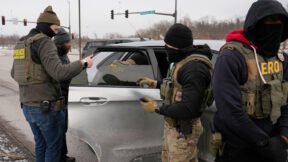
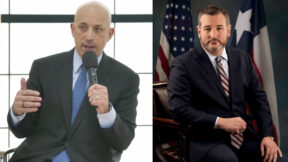
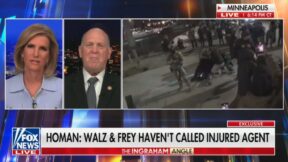
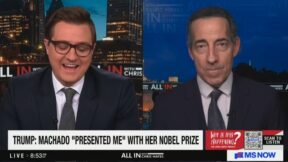
Comments
↓ Scroll down for comments ↓